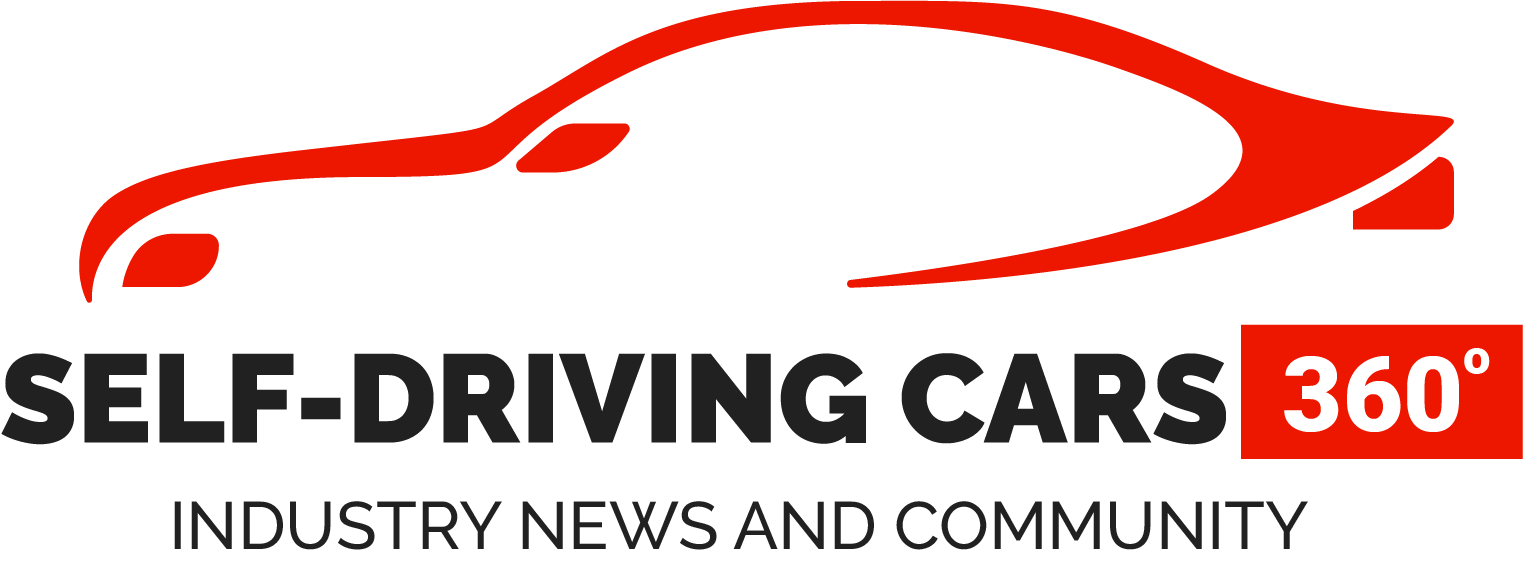Illustration of Refraction AI will operate. (Illustration: Refraction AI) Refraction AI, a robotic delivery startup, plans a lightweight delivery robot for both bike lanes and roads.
The company is the brainchild of University of Michigan professors Matthew Johnson-Roberson and Ram Vasudevan. eLab Ventures and Trucks Venture Capital are backing the company.
Recration AI is pitching its REV-1 as a low-cost, lightweight autonomous delivery robot.
“We have created the Goldilocks of autonomous vehicles in terms of size and shape,” said Johnson-Roberson, chief executive of Refraction AI . BIKE LANE READY
“Our platform is lightweight, nimble and fast enough to operate in the bike lane and on the roadway, and we are tackling regional inclement weather patterns that inhibit or slow down other AV solutions,” he said.
But the cycling community is likely to object to autonomous vehicles operating in bicycle lanes.
“It’s a bit presumptuous for Refraction to claim they can operate in bike lanes. They would face a pretty big debate and permit process if they tried to operate in Portland,” said Jonathan Maus, publisher of BikePortland.org .
But Maus doesn’t reject the idea out of hand.
“If this is a more efficient and city-friendly way of doing last-mile delivery, I’m all for figuring out how to make it work,” he said.
The REV-1 is about the size of an electric bicycle. It is a tricycle and stands 5 feet tall, 4.5 feet long and 30 inches wide. It weighs approximately 100 pounds and can reach a speed of up to 15 mph.
The company said that makes it fast enough to make timely deliveries. Yet is still has a stopping distance of just 5 feet, far shorter than a delivery car or truck. CAMERA SYSTEM
The REV-1 uses of 12 cameras as its primary sensor system. Those work with radar and ultrasound sensors to draw a digital picture of its surroundings as it travels a route.
The autonomous vehicle holds 16 cubic feet of cargo – about four packed grocery bags.
Recipients will get a text with a keypad code to open the cargo container when their delivery arrives.
Refraction is testing the vehicle with restaurants but expects to expand across a range of deliveries.
“Consumers today expect on-demand goods of every type, and timeliness of delivery is often the key to customer satisfaction. Companies are struggling to find consistent, reliable and economical ways to address that need,” said Bob Stefanski of eLab Ventures.
“Refraction’s use of sturdy, smaller-sized delivery robots in the bike lane allows for faster technology development and covers a larger service area than competitors operating on the sidewalk,” Stefanski said.
Developers of autonomous local delivery vehicles hope to revolutionize the industry; Trucks.com takes a look at these delivery disruptors.
Source: www.trucks.com



GIPHY App Key not set. Please check settings